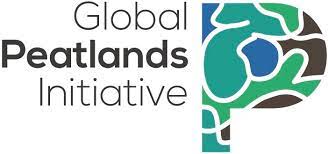
Evidence Synthesis Methods
This event has now finished.
Event details
Evidence synthesis methods are a powerful way to systematically identify areas of consensus or disagreement across large samples of literature, providing a robust basis for policy and practice recommendations and future research.
Peatlands present a system where there are many contested issues that could benefit from systematic evidence synthesis approaches. The session will provide an overview of how systematic evidence synthesis methods can be used across a range of evidence types, review questions, and policy needs. You will leave with new skills and guidance you can follow to write your own evidence synthesis.
About the trainer
Professor Lea Berrang Ford holds the Priestley Chair in Climate and Health at the Priestley International Centre for Climate, and is an expert in climate change impacts on health, adaptation to the health effects of climate change, and the health benefits of decarbonisation.
She was a Lead Author on the IPCC’s 6th Assessment Report and led the Global Adaptation Mapping Initiative, an international collaboration of >125 scientists to assess evidence on progress on global adaptation to climate change. Her systematic review, “Are we adapting to climate change?”, published in Global Environmental Change, has been cited almost 1000 times. Find out more about her work or follow her on LinkedIn.
In case you missed the event you can catch up here:
About the Global Peatlands Initiative
The Global Peatlands Initiative is an effort by leading experts and institutions formed by 13 founding members at the UNFCCC COP in Marrakech, Morocco in 2016 to save peatlands as the world’s largest terrestrial organic carbon stock and to prevent it being emitted into the atmosphere. The current greenhouse gas emissions from drained or burned peatlands are estimated to amount up to five percent of the global carbon budget — in the range of two billion tonnes CO2 per year.
Partners to the Initiative are working together within their respective areas of expertise to improve the conservation, restoration and sustainable management of peatlands. In this way the Initiative is contributing to several Sustainable Development Goals , including by reducing greenhouse gas emissions, maintaining ecosystem services and securing lives and livelihoods through improved adaptive capacity.
Find out more at: www.globalpeatlands.org
Partners




